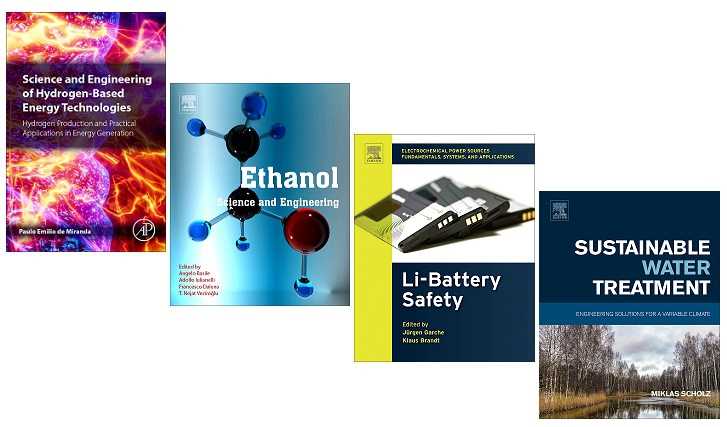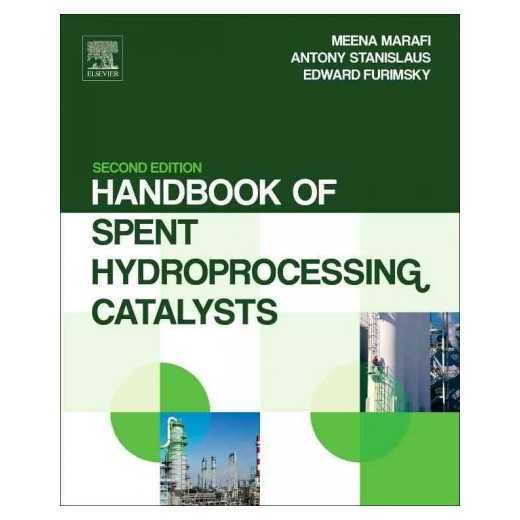New Books in Chemical and Power Engineering

Elsevier announced the publication of four new books in the area of Chemical and Power Engineering.
Ethanol: Science and Engineering
by Angelo Basile, Adolfo Iulianelli, Francesco Dalena and T. Nejat Veziroğlu
This book reviews the most significant research findings in both ethanol production and utilization. The book’s contents are divided into four parts, beginning with an explanation of the chemical reactions involved during the conversion of ethanol to more complex molecules. Other sections focus on various processes and their potential use, the modeling of various chemical processes, and finally, their economic and environmental impact. The book includes the most advanced production processes, new technologies, applications, and the economic role ethanol plays today. The book will be great for researchers and engineers in both academic and industry.
Sustainable Water Treatment: Engineering Solutions for a Variable Climate
by Miklas Scholz
This book covers sustainable water and environmental engineering aspects relevant for the drainage and treatment of stormwater and wastewater. The book explains the fundamental science and engineering principles for the student and professional market. Standard and novel design recommendations for sustainable technologies, such as constructed wetlands, sustainable drainage systems and sustainable flood retention basins are provided to account for the interests of professional engineers and environmental scientists. The book presents the latest research findings in wastewater treatment and runoff control that are ideal for academics and senior consultants.
by Paulo Emilio Miranda
This book explores the generation of energy using hydrogen and hydrogen-rich fuels in fuel cells. It approaches this topic from the perspective of its integration into renewable energy systems using the most sound and current scientific knowledge. It provides a general overview of the most common and promising types of fuel cells, such as PEMFCs, SOFCs, and direct alcohol fuel cells. The co-production of chemical and electrolysis cells, as well as the available and future materials for fuel cells production are discussed. It then delves into the production of hydrogen from biomass, including waste materials, and from excess electricity produced by other renewable energy sources, such as solar, wind, hydro and geothermal sources. The main technological approaches to hydrogen storage are presented, along with several possible hydrogen energy engineering applications.
Electrochemical Power Sources: Fundamentals, Systems, and Applications
by Jürgen Garche and Klaus Brandt
This book of Safety of Lithium Batteries describes how best to assure safety during all phases of the life of Lithium-ion batteries (production, transport, use, and disposal). About 5 billion Li-ion cells are produced each year, predominantly for use in consumer electronics. This book describes how the high-energy density and outstanding performance of Li-ion batteries will result in a large increase in the production of Li-ion cells for electric drivetrain vehicle (xEV) and battery energy storage (BES or EES) purposes. The high-energy density of Li battery systems comes with special hazards related to the materials employed in these systems.














